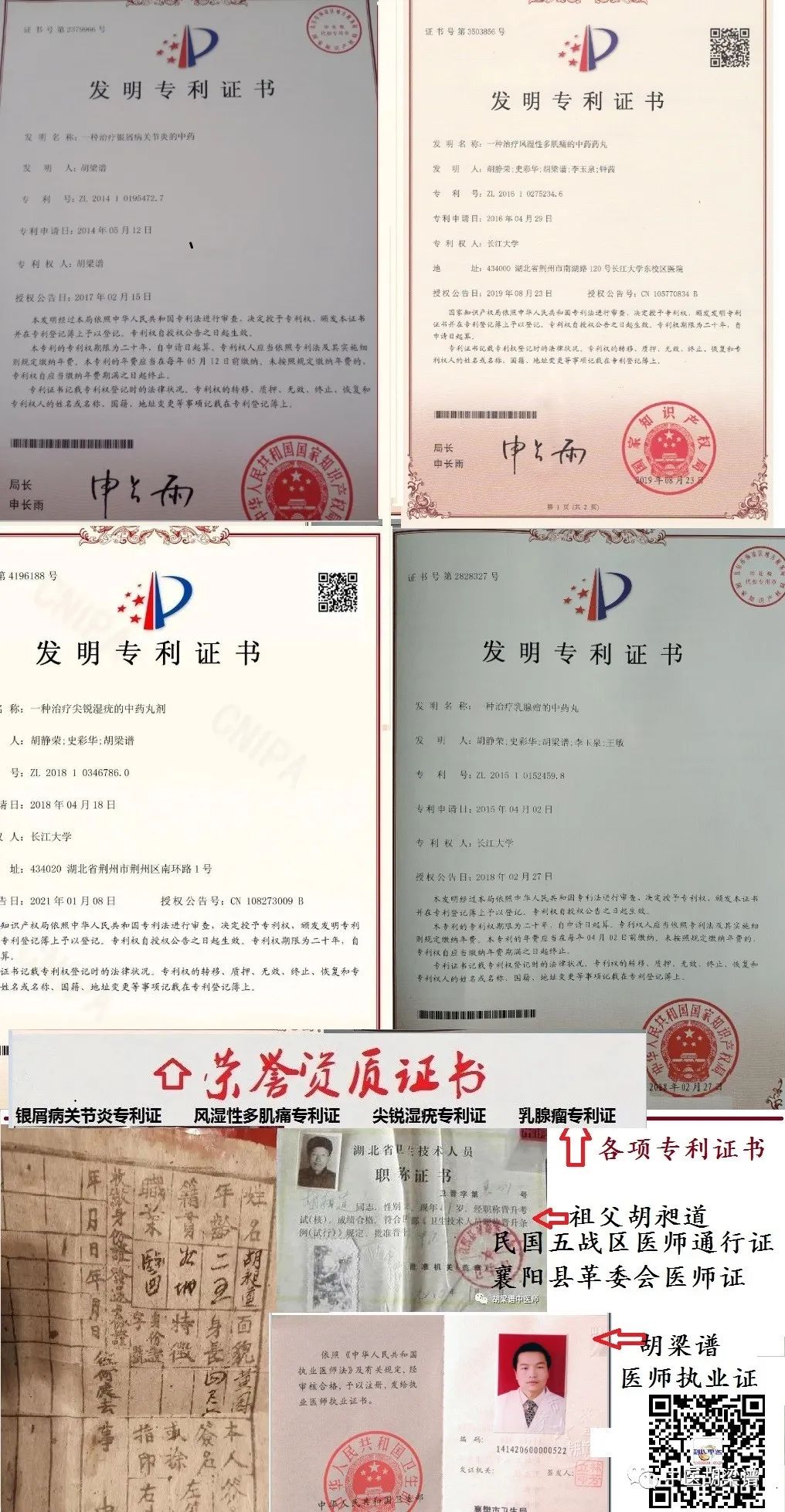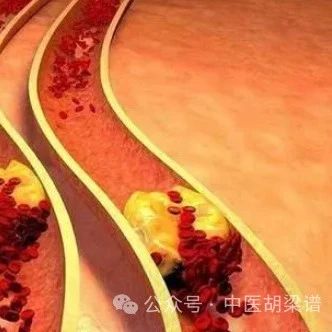Blood plays a crucial role in the human life system. If the blood is unhealthy, it can lead to various discomforts. Among these, blood stasis (xue yu), blood dryness (xue zao), and blood deficiency (xue xu) are the three most common blood-related issues. Dr. Hu Liangpu, a practitioner of classical formulas from Xiangyang, points out that these problems and their corresponding TCM treatment methods have definite effects. By comparing their own conditions, readers can determine if they have these issues.
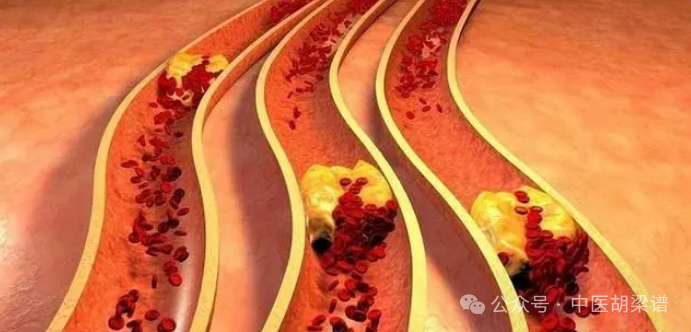
Firstly, individuals with blood stasis issues often experience symptoms of pain throughout the body. This is due to poor blood circulation, which becomes blocked in the meridians (jing luo) and organs (zang fu), leading to the principle of “no flow results in pain” (bu tong ze tong). This pain can occur in various areas, such as joint pain, chest, and back pain. If blood stasis is not addressed in a timely manner, it can lead to palpitations (xin ji), hypertension (gao xue ya), and other cardiovascular diseases. When blood stasis combines with phlegm-dampness (tan shi) in the body, it can also easily form cysts (nang zhong), fibroids (jiu mo), and other masses.
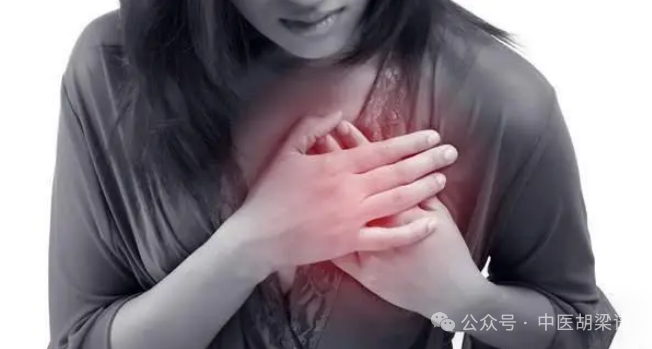
Therefore, when there is a problem with blood stasis in the body, it is essential to conduct timely adjustments. Generally, individuals with severe blood stasis can be assessed through the tongue. The tongue body often appears dark purple (hei zi) and the veins under the tongue may be enlarged. At this time, some blood-activating and stasis-resolving herbs can be used for adjustment, such as San Leng (Sparganii Rhizoma), E Zhu (Curcumae Rhizoma), Dan Shen (Salvia miltiorrhiza), and Chuan Xiong (Ligusticum chuanxiong) brewed in water for drinking. For patients with cardiovascular diseases or cysts, it is necessary to adjust based on TCM differential diagnosis (bian zheng) and add tonifying herbs according to specific symptoms, such as liver-soothing herbs (shu gan) to regulate liver qi (qi), and warming herbs (san han) to alleviate cold stagnation issues.
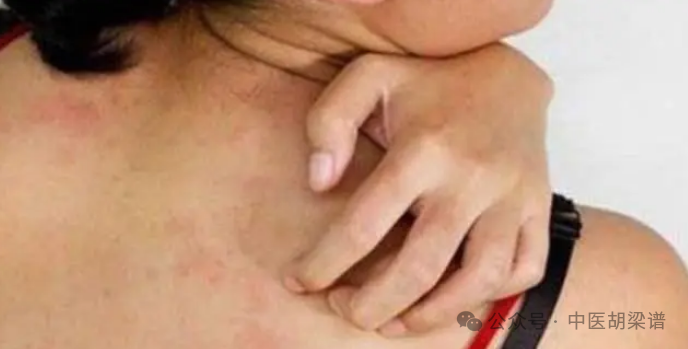
If facing blood dryness issues, one may often experience inexplicable itching of the skin, along with feelings of dryness in the mouth and tongue, body heat, and possibly occasional nosebleeds or gum bleeding. Typically, this is caused by external heat pathogens (re xie) invading or excessive liver fire (gan huo) due to emotional distress. In the adjustment process, it is important to focus on nourishing yin (zi yin) and reducing fire (jiang huo), using herbs such as Huang Bai (Phellodendri Cortex), Zhi Mu (Anemarrhenae Rhizoma), Dan Pi (Moutan Cortex), and Qing Hao (Artemisiae Annuae Herba), which all have good effects in clearing empty heat. Additionally, Tian Men Dong (Asparagus Tuber), Mai Men Dong (Ophiopogonis Radix), Shi Hu (Dendrobii Herba), and Gou Qi Zi (Lycii Fructus) also have excellent effects in nourishing yin and blood.

For blood deficiency issues, symptoms of cold intolerance may typically appear. This is because blood is responsible for nourishing various organs and meridians; if blood is deficient, the body does not receive adequate nourishment, leading to feelings of cold. At this time, symptoms such as fatigue (pi li), weakness in the limbs (si zhi), dizziness (tou yun), and dry hair may also occur, with the complexion appearing sallow or pale. In addressing this situation, it is crucial to focus on replenishing deficiency, using herbs such as Dang Gui (Angelica sinensis), Bai Shao (Paeoniae Radix), E Jiao (Colla Corii Asini), and He Shou Wu (Polygonum multiflorum) to nourish blood.
In summary, blood is a vital component of the human life system. Unhealthy blood can lead to various issues, including blood stasis, blood dryness, and blood deficiency. Readers can assess their own conditions to determine if they have these problems. In terms of adjustment, it is very important to use TCM herbs for appropriate treatment based on different symptoms and differential diagnosis results. One should select suitable herbs according to specific conditions, such as blood-activating and stasis-resolving herbs, yin-nourishing and fire-reducing herbs, and blood-nourishing herbs. Of course, if there are any related questions, feel free to leave a message for consultation.
